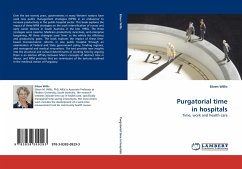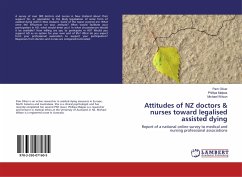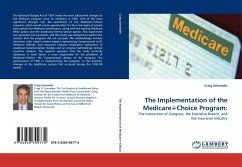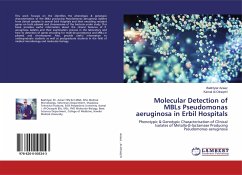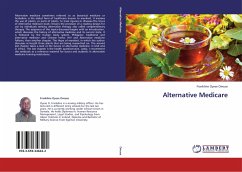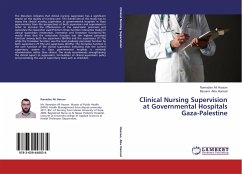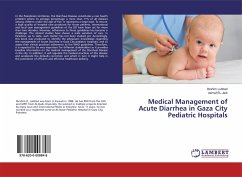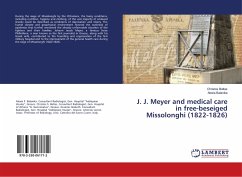Over the last twenty years, governments in many Western nations have used new public management strategies (NPM) in an endeavour to increase productivity in the public hospital sector. This book explores the impact of three NPM strategies on the work intensification of nurses and early career doctors in South Australia in the late 1990s. The three strategies were casemix, Medicare productivity incentives, and enterprise bargaining. All three strategies used 'time' as the vehicle for efficiency and productivity gains. The book explores the impact of these time-based microeconomic reforms in one public hospital through an examination of Federal and State government policy, funding regimes, and managerial and medical innovations. The text provides new insights into the structural and cultural determinants of working time by arguing there is an elective affinity between Marx's concepts of abstract time in labour, and NPM practices that are reminiscent of the tortures outlined in the medieval notion of Purgatory.
Bitte wählen Sie Ihr Anliegen aus.
Rechnungen
Retourenschein anfordern
Bestellstatus
Storno

